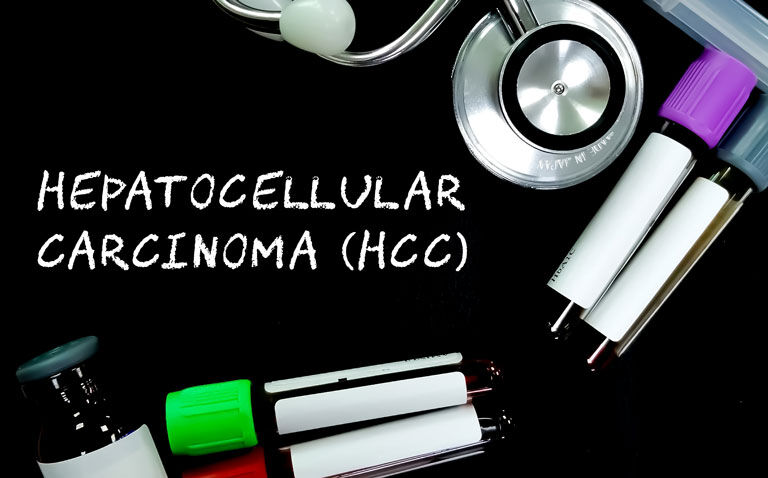A study has identified clear racial disparities with access to immunotherapy among patients with advanced hepatocellular carcinoma in the US
Racial disparities in access to immunotherapy as a first-line option for advanced hepatocellular carcinoma (HCC) have been revealed in a retrospective analysis of the US National Cancer Database by US researchers.
Hepatocellular carcinoma (HCC) is the most common type of primary liver cancer and data for 2018 indicate that globally, there were an estimated 661,000 cases. Moreover, in recent years, treatment for HCC has been revolutionised by the introduction of checkpoint inhibitors and data has shown how the combination of the anti-PDL1 antibody atezolizumab and the anti-VEGF antibody bevacizumab was superior to sorafenib in a phase 3, randomised controlled trial.
Whilst such treatments have proven to be effective, a problem for the wider generalisability of these findings is that in major cancer trials, there is under enrolment of racial and ethnic minorities.
For the present study, the US team sought to explore the demographic breakdown of immunotherapy for advanced HCC to examine if there was any evidence of racial disparity in the uptake of therapy.
Turning to the National Cancer Database, the team retrospectively looked at patients with tumour node metastasis stage 3 or 4 HCC between 2017 and 2018 and who underwent either chemotherapy or immunotherapy. They also collected a range of additional information such as co-morbidities, demographics and specific clinical parameters e.g., tumour size, alpha-fetoprotein category etc as well as socioeconomic status, insurance status and reported levels of income and educational achievement.
Racial disparities and immunotherapy
A total of 3990 patients with a mean age of 64.2 (81.3% male) were included in the analysis of whom, 81.4% received chemotherapy.
Among those treated with immunotherapy, there was a much higher proportion of White individuals (66.6%) compared to Hispanic (9.1%) or Black (14%).
Using multivariable regression, use of immunotherapy was independently associated with improved overall survival (adjusted hazard ratio, aHR = 0.76, 95% CI 0.65 – 0.88) compared to chemotherapy and there was no evidence of racial disparities with respect to overall survival.
However, when the researchers considered the factors associated with use of immunotherapy as a first-line treatment for advanced HCC, Black patients were significantly less likely to receive immunotherapy compared to White patients (odds ratio, OR = 0.71, 95% CI 0.54 – 9.89, p = 0.006) as were Hispanics (OR = 0.63, 95% CI 0.46 – 0.83, p = 0.002). Despite this there was no evidence that first-line use of immunotherapy was influenced by socioeconomic or educational factors.
The authors concluded that a comprehensive approach is urgently required to both monitor and eliminate racial disparities observed in the management of advanced HCC.
Citation
Ahn JC et al. Racial and ethnic disparities in early treatment with immunotherapy for advanced HCC in the United States Hepatology 2022










